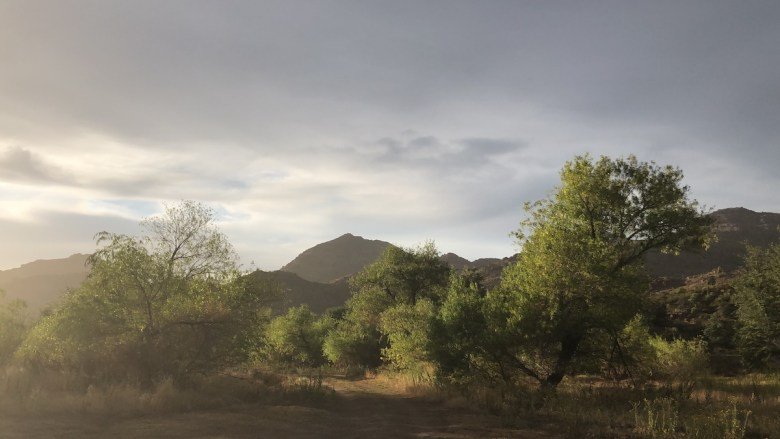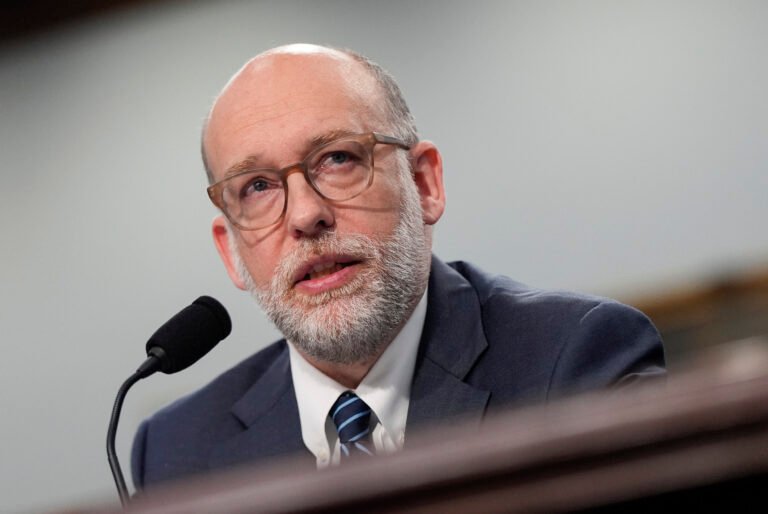

Research & Developments is a blog for brief updates that provide context for the flurry of news regarding law and policy changes that impact science and scientists today.
On 27 May, the United States Supreme Court declined to hear arguments from a group of Apache leaders challenging a copper mine that would damage land that tribe members consider sacred, according to the Los Angeles Times.
The mine is planned to be built beneath Oak Flat, a 4,600-acre area in southeastern Arizona. The site sits within the state’s “Copper Triangle,” an area home to one of the largest clusters of copper deposits in the world. Magma intrusions and subsequent subsurface movement of high-pressure, metal-rich fluids about 65 million years ago created high-grade copper deposits.
According to mining company Resolution Copper, a joint venture of two other mining companies, Rio Tinto and BHP, the deposit at Oak Flat is particularly high grade, at 1.5% copper, making the site attractive for industrial activity.
Members of Apache Stronghold, a tribal advocacy group, traveled on a two month pilgrimage last year to Washington, D.C., to present an appeal to the Supreme Court, asking them to review a decision on their case, Apache Stronghold v. United States of America, by the 9th U.S. Circuit Court of Appeals that had ruled narrowly in favor of moving the mine project forward.
In the case, Apache Stronghold argued that the development of the copper mine would violate the First Amendment rights of Indigenous community members who consider Oak Flat an important religious site.
The Supreme Court’s decision not to hear arguments from Apache Stronghold means the U.S. Forest Service is now allowed to move forward with plans to create a final environmental impact report and solicit a final round of public comments before deciding whether to transfer the land to Resolution Copper.
Justices Neil Gorsuch and Clarence Thomas dissented from the denial of the appeal. Gorsuch wrote that the decision not to hear the arguments was a “grievous mistake—one with consequences that threaten to reverberate for generations.”
“Faced with the government’s plan to destroy an ancient site of tribal worship, we owe the Apaches no less,” Gorsuch wrote. “They may live far from Washington, D.C., and their history and religious practices may be unfamiliar to many. But that should make no difference.”
“We are pleased that the Ninth Circuit’s decision will stand,” said Vicky Peacey, Resolution Copper’s general manager, in a statement. “The Resolution Copper mine is vital to securing America’s energy future, infrastructure needs, and national defense.”
“We will never stop fighting—nothing will deter us from protecting Oak Flat from destruction,” said Wendsler Nosie Sr., leader of Apache Stronghold, in a statement.
—Grace van Deelen (@gvd.bsky.social), Staff Writer
These updates are made possible through information from the scientific community. Do you have a story about how changes in law or policy are affecting scientists or research? Send us a tip at eos@agu.org.

Text © 2025. AGU. CC BY-NC-ND 3.0
Except where otherwise noted, images are subject to copyright. Any reuse without express permission from the copyright owner is prohibited.


